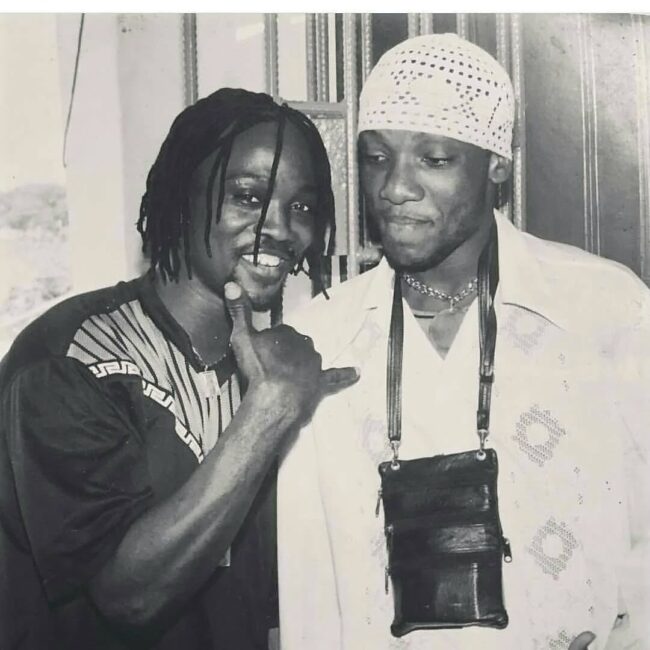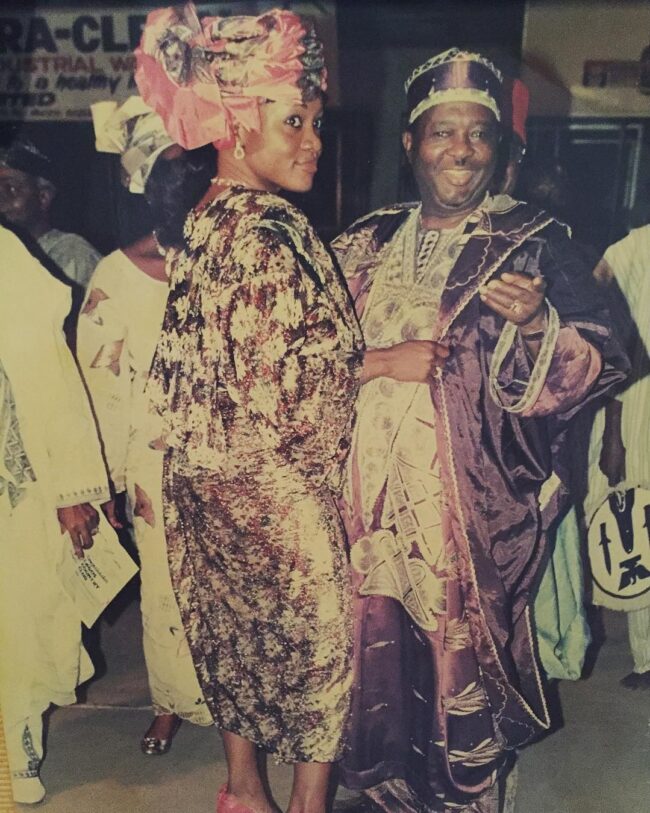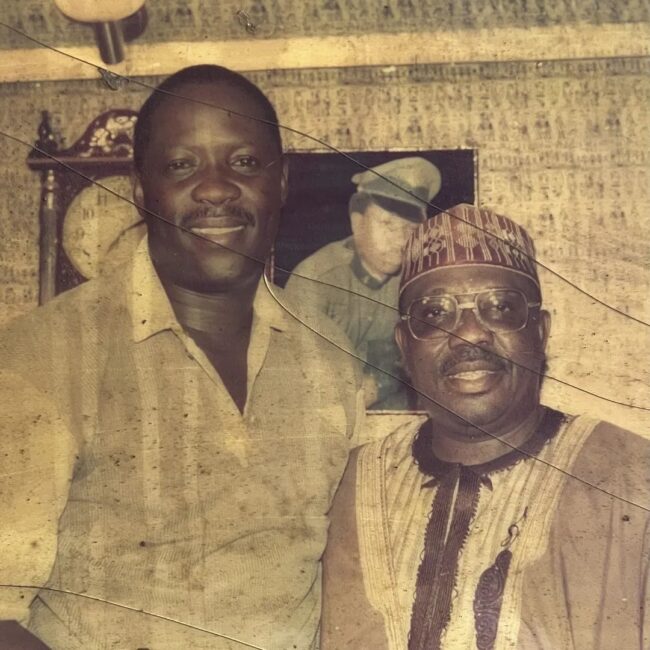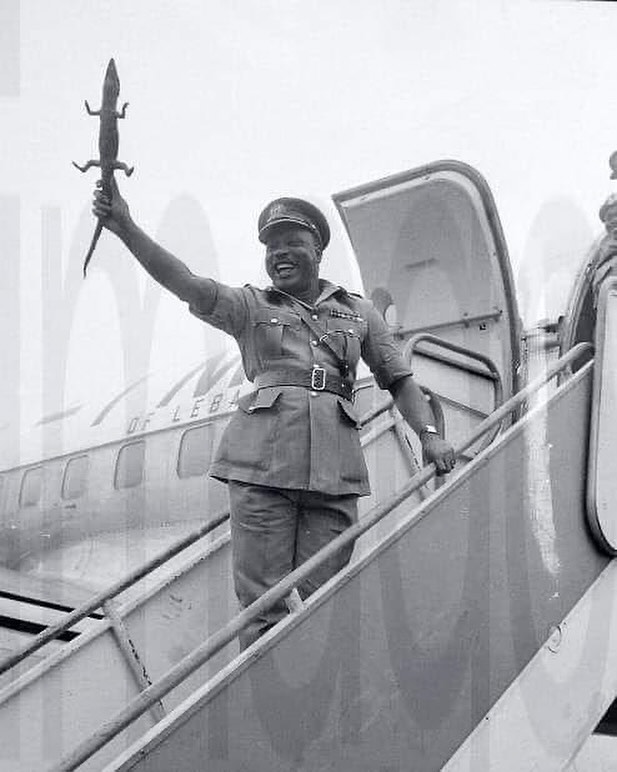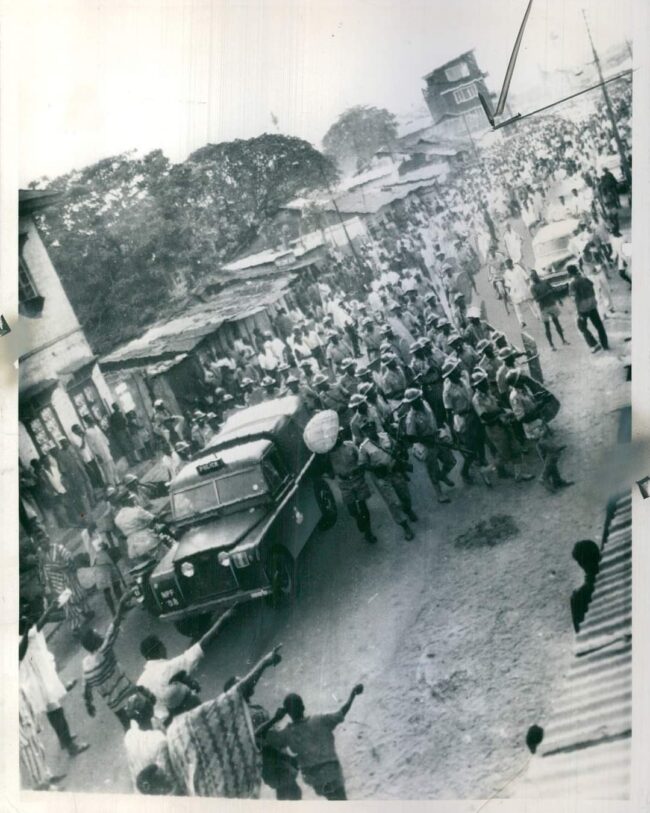Sosoliso Airlines Crash of 2005
While trying to arrive at Port Harcourt International Airport in Port Harcourt, Sosoliso Airlines Flight 1145 tragically crashed. One of Nigeria’s deadliest aviation accidents, the tragedy claimed the lives of 108 of the 110 passengers and crew members on board. The Sosoliso Airlines disaster in 2005 was one of the most terrible events in Nigerian and African history. 61 youngsters, many of whom were heading home for the Christmas vacations from Loyola Jesuit College in Abuja, were among the passengers. As they got closer to Port Harcourt, the weather was said to be bad, with a lot of rain and thunderstorms causing poor visibility. The plane crashed short of the runway while it was landing on Runway 21 at around 2,08 PM. A disastrous fire was started when the plane skidded and crashed into objects. All seven crew members and the majority of the Loyola Jesuit College students were among the 108 fatalities. Two people miraculously survived. But they were severely burned and injured. Investigators hypothesized that the pilots may have made a mistake by trying to land in such circumstances rather than rerouting to a different location. According to ICAO regulations, the families of victims of plane crashes are only entitled to 3 million naira, or US$18,157, from the airline. Harold Demuren, the director general of the Nigerian Civil Aviation Authority (NCAA), stated in January 2009 that Sosoliso had already deposited $2.3 million into an escrow account to pay the families of the victims of the flight crash. Following the tragedy, Olusegun Obasanjo, the president of Nigeria at the time, abruptly ended his trip to Portugal and promised to restructure the nation’s aviation industry and “plug loopholes” in Nigeria’s aviation safety. Later, a crisis meeting was convened, and several high-ranking air officers were suspended.


